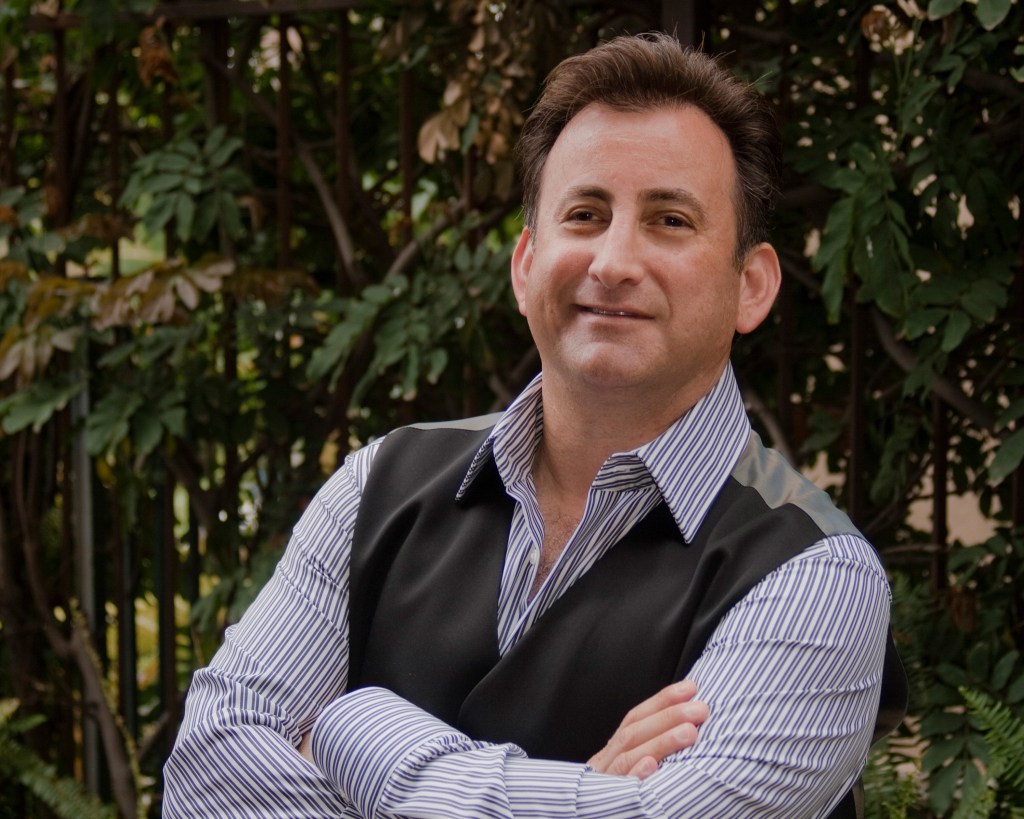Like many college students, Matthew Kallis ’82 took a while to find his focus. He recalls the day it happened: “I sat down in the middle of Killian Court staring out at the pillars of Building 10, and sort of had a cinematic moment. I wandered aimlessly through campus and found this weird lab called the Architecture Machine Group.” Fascinated, Kallis went on to study architecture, film, and visual arts with that lab’s cofounder, Nicholas Negroponte, as well as cinema verité pioneer Richard Leacock and famed photographer and educator Harold “Doc” Edgerton.

Those studies were well aligned with Kallis’s strong creative interests, nurtured by his upbringing near Hollywood: from age 11 he’d made films with a Super 8 camera, and as a kid he even had his own darkroom for photography. But the recession in the early 1980s changed his path. A job offer to work at a hedge fund in New York for a year led to an MBA in finance at Columbia, venture capital work, and his own investment management company.
“I enjoyed and valued what I was doing in finance, but I always knew there was something missing. It was time to get back to my true love and passion for the arts,” he says. After 25 years in finance, he decided to become a documentary filmmaker.
Switching careers, however, wasn’t easy. “I really had to start over, teach myself the ropes, meet people, and get involved in the community,” he says. His second project, The Inside Pitch, which focused on selling a script in Hollywood, was nominated for a regional Emmy. His third, Most Valuable Players, about an awards show for high school musicals, gained even more recognition: in 2010 the International Documentary Association called it the “feel-good documentary of the year,” and Oprah Winfrey debuted it on her TV network.
At the height of the film’s success, with future projects in the works, everything was pushed aside when his wife, Cheryl, began a years-long battle with cancer. Her wish to move out of Los Angeles took them 90 minutes away, to the alpine forests surrounding Lake Arrowhead. After losing her in 2017, Kallis found purpose in spearheading the revival of the once-thriving Lake Arrowhead Film Festival, which had been inactive since 2012.
He hopes that the return of the festival, originally slated for this May but postponed until 2021 because of Covid-19, will bring people together, as films have a way of doing. “When you come together for a film,” he says, “you’re sharing an experience that then can lead to finding common ground and a sense of community.”
Keep Reading
Most Popular
Large language models can do jaw-dropping things. But nobody knows exactly why.
And that's a problem. Figuring it out is one of the biggest scientific puzzles of our time and a crucial step towards controlling more powerful future models.
How scientists traced a mysterious covid case back to six toilets
When wastewater surveillance turns into a hunt for a single infected individual, the ethics get tricky.
The problem with plug-in hybrids? Their drivers.
Plug-in hybrids are often sold as a transition to EVs, but new data from Europe shows we’re still underestimating the emissions they produce.
Stay connected
Get the latest updates from
MIT Technology Review
Discover special offers, top stories, upcoming events, and more.